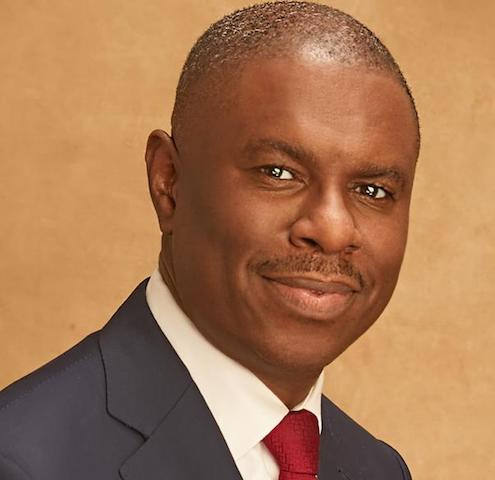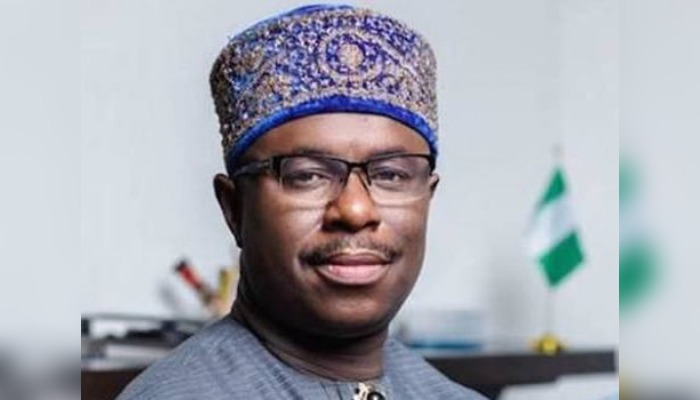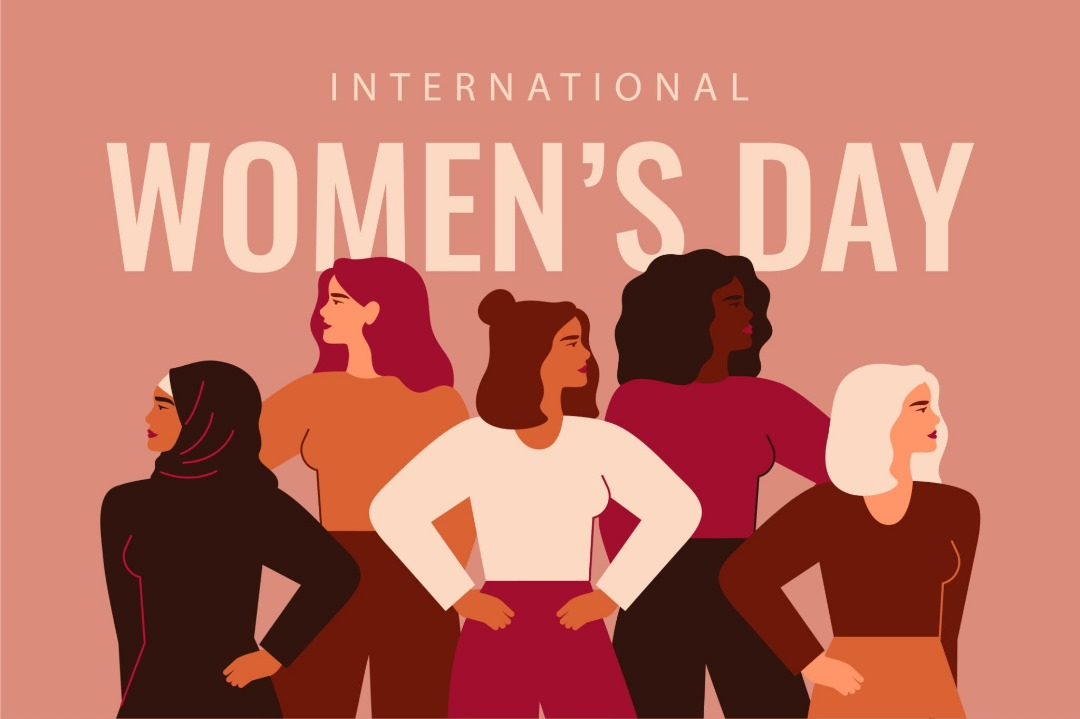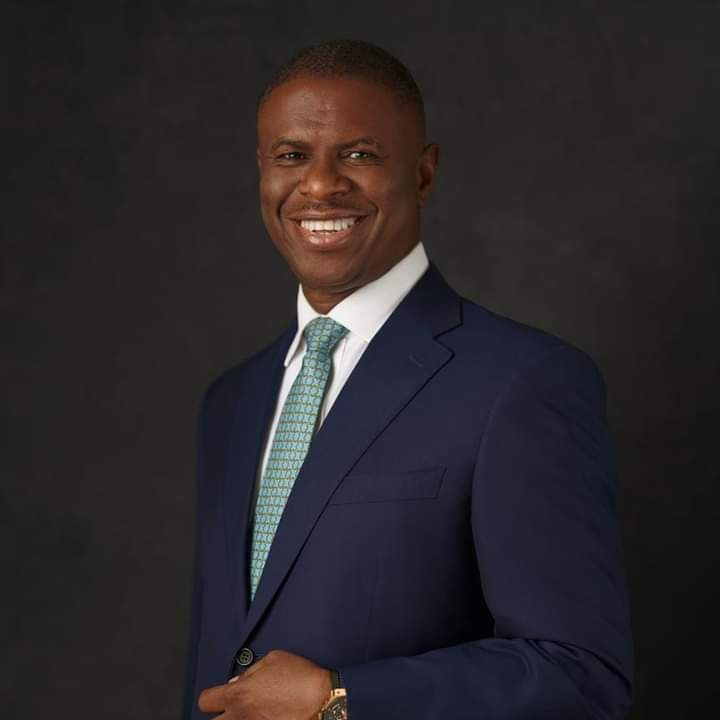Clean-shaven, suave, upwardly mobile, and incurably optimistic ,Herbert Onyewumbu Wigwe (HOW) was one of the most recognisable figures in the banking space and corporate Nigeria. His official biography could only be written by him. But I hope his example can inspire and influence us. Accurately describing Herbert in one word can be compared to explaining the mystery of centuries in a few words or a wild goose chase. It is a nuanced and complex process.
He was an extraordinary businessman who died alongside his wife and son in the United States of America under exceptional circumstances. His tragic and sudden departure reverberated beyond our shores. But who was Herbert Wigwe? I can only answer this question from the narrow prism of my friendship and many encounters with him.
Herbert and I were members of the same local church assembly, and I witnessed his dedication to spirituality, good works, and commitment to church growth. It is easy to explain because of his solid Christian foundation. Herbert’s father, Elder Shyngle Wigwe, is a pastor in the Redeemed Christian Church of God. Herbert was a man of prayer, which he complemented with a ruthless work ethic. He attributed all his successes to God’s blessings.
Both of us are from Rivers State, and we had many sessions on how best to fix the politics of Rivers and, by extension, improve the State’s development trajectory. Herbert was utterly detached from politics but had deep insight into political manoeuvrings. We debated the affairs of Rivers State and the country, and he baffled me with the precision with which he predicted the outcome of political contests. He would quickly tell you that his political party is Nigeria and no other.
His passion for Nigeria was simply unwavering. Only a few persons can match his faith in Nigeria. He firmly believed that he would impart society by using businesses to provide solutions to society’s needs and create wealth that would touch the lives of many. He was unapologetically capitalist, in the proper sense of it, and he lived his life using capital to solve many societies’ needs, such as creating employment, paying taxes, providing lots of charity, and investing heavily in world-class university education. He used capital as an instrument for socio-cultural upliftment across Africa.
Herbert was a man of bold dreams and obsessed with excellence while making room for unavoidable mistakes. Herbert never gave up on any bold dream, no matter the odds. He rode the waves of challenges and was filled with the spirit of hard work, dedication, and strokes of ingenuity. He had bold dreams in all ramifications, and this was self-evident. First, as a young banker, he teamed up with his friend and partner to acquire “a distressed bank”, rated number 89 then, and turn it around in two decades to become one of the top five banks, with an assets base of over N20.9 trillion, is phenomenal. Herbert, as CEO, set out to build an Access Bank with the vision of becoming the gateway to Africa and the world’s most respected African bank. With a presence in more than 13 African countries plus a footprint in other continents, Access Bank was working towards realising this vision. Second, Wigwe University, which Herbert personally referred to as the “Future Harvard University of Africa”, was another extraordinary, bold dream. He set out to build the best University in Africa, investing $500m in the initial set-up. You do not need further testament that he was a man of bold dreams.
An entrepreneur extraordinaire, his mystique was his ability to sniff out opportunities where others see none, multiplied by the fact that he was one of the most persistent persons I know when going after opportunities. He mentored many budding entrepreneurs, top managers, and top academics in entrepreneurship. Apart from his well-known flagship, Access Bank, he was active in other financial services, construction, oil and gas, aviation, film, and music, and, most recently, the education sector. He made a star success of all his multiple business pursuits.
Herbert’s hidden strength was his ability to connect with people of all classes and cadres, accompanied by a related instinct to simplify complex things in the most basic way. His mastery of Rivers’ version of Pidgin English could only equal his fluency in Queens English. He was among the few successful people referred to as the “original old Port Harcourt boy”. Another strength of his was his courageous, daring, patient, and persistent nature, which added to his relentless ambition to accomplish exceptional things. This attracted to him friends and foes in equal measure.
His philanthropic work in the Herbert Wigwe Foundation, which he founded in 2016, focused on youth empowerment, health, arts, and education. This focus on youth development was central to his mentoring, given his strong belief in the importance of the youth in the development of Nigeria and Africa. He was an art enthusiast and contributed to art development in the country. As the art connoisseur he was, his collection reflected his passion for excellence, diversity, and social purpose. The HOW foundation extensively supported many healthcare projects for the downtrodden among us. His charity works were unique because he loathed publicity about it.
Herbert’s enduring legacy is the power of vision, bold dreams, courage, and determination to pursue it and rally people to accomplish the objective. This is what we need to improve in our public space. History has shown that bold dreams have the power to transform societies. He was exceptionally enterprising and entrepreneurial.
Listening to Herbert talk about his vision was to find yourself in the oasis of inspiration. He genuinely believed that there was nothing you fixed your mind on that you could not accomplish. He had bold dreams for the banking sector, tertiary education, the oil and gas industry and most importantly society.
What lessons can we learn from him? Herbert epitomised a life of passion, dedication, resilience, and boldness in achieving grand personal and societal visions. He was bold in setting out great goals and pursuing them relentlessly until he reached them. He proves that an unexamined life is not worth living. To achieve greatness and impact on society maximally, one must be purposeful, bold, and patient. Herbert’s hidden strengths prepared him for an eventful life – a life he lived on his terms. His ability to connect with people, courage, daring attitude, ambition, and excellent work ethic are the ingredients of his success and must be emulated. Peter Drucker posits, “The best way to predict the future is to create it.” Herbert created his future and lived it to the full of those he loved.
For our budding entrepreneurs, Herbert left a legacy. He proved the axiomatic expression true: “Entrepreneurship is living a few years of your life like most people won’t so that you can spend the rest of your life like most people can’t.” He made the needed sacrifices at the start of his entrepreneurship and built capital enough to be reckoned among his contemporaries. Steve Jobs posits that “your work will fill a large part of your life, and the only way to be truly satisfied is to do what you believe is great work.”
Herbeth did outstanding work; the only way to do great work is to love what you do. Success is not just a product of luck. Hard work, knowledge, skills, and integrity underpin it. Thomas Jefferson argued, “The harder I work, the more luck I seem to have.” Herbert worked hard enough to be lucky. He had an eye for greatness. It is little wonder he set great goals for himself.
John Rockefeller advised that one should not be “afraid to give up the good to go for the great.” Both in banking and establishing a University, Herbert went for greatness and achieved it. We should do the same. As a business and community leader, Herbert understood that the function of leadership is to produce more leaders, not more followers. He created leaders of industries and global advocates of responsible capitalism in the 21st century.
My friend and brother Herbert lived like a candle in the wind. His star burned so brightly but ended so shortly. Greatness in life is not measured in how long one lives but in the impact of one’s life on society. Herbert lived, and he conquered. Adieu, my great visioner!








